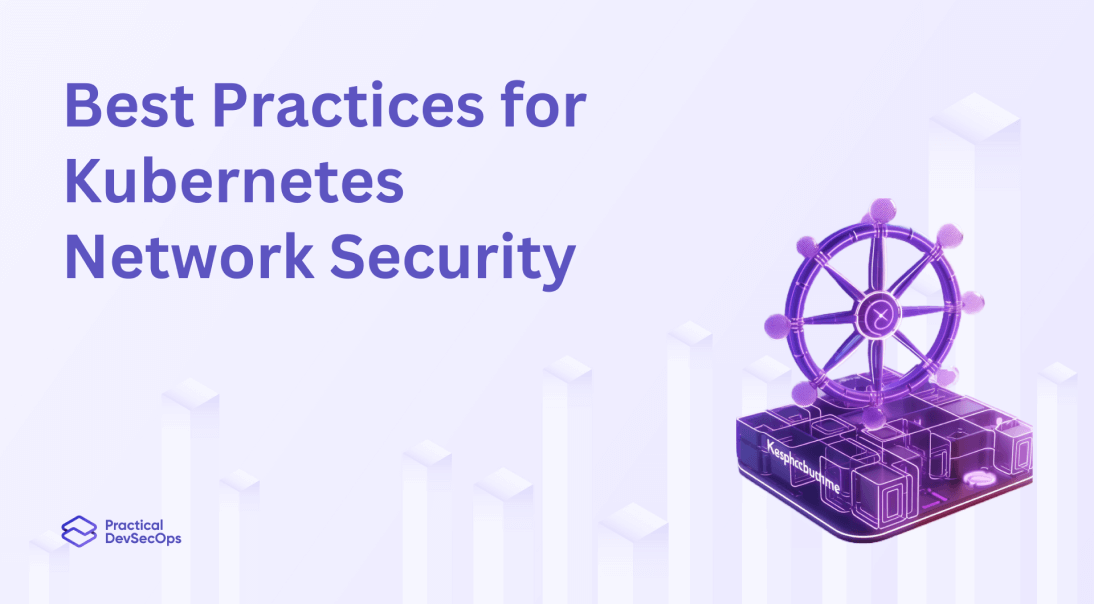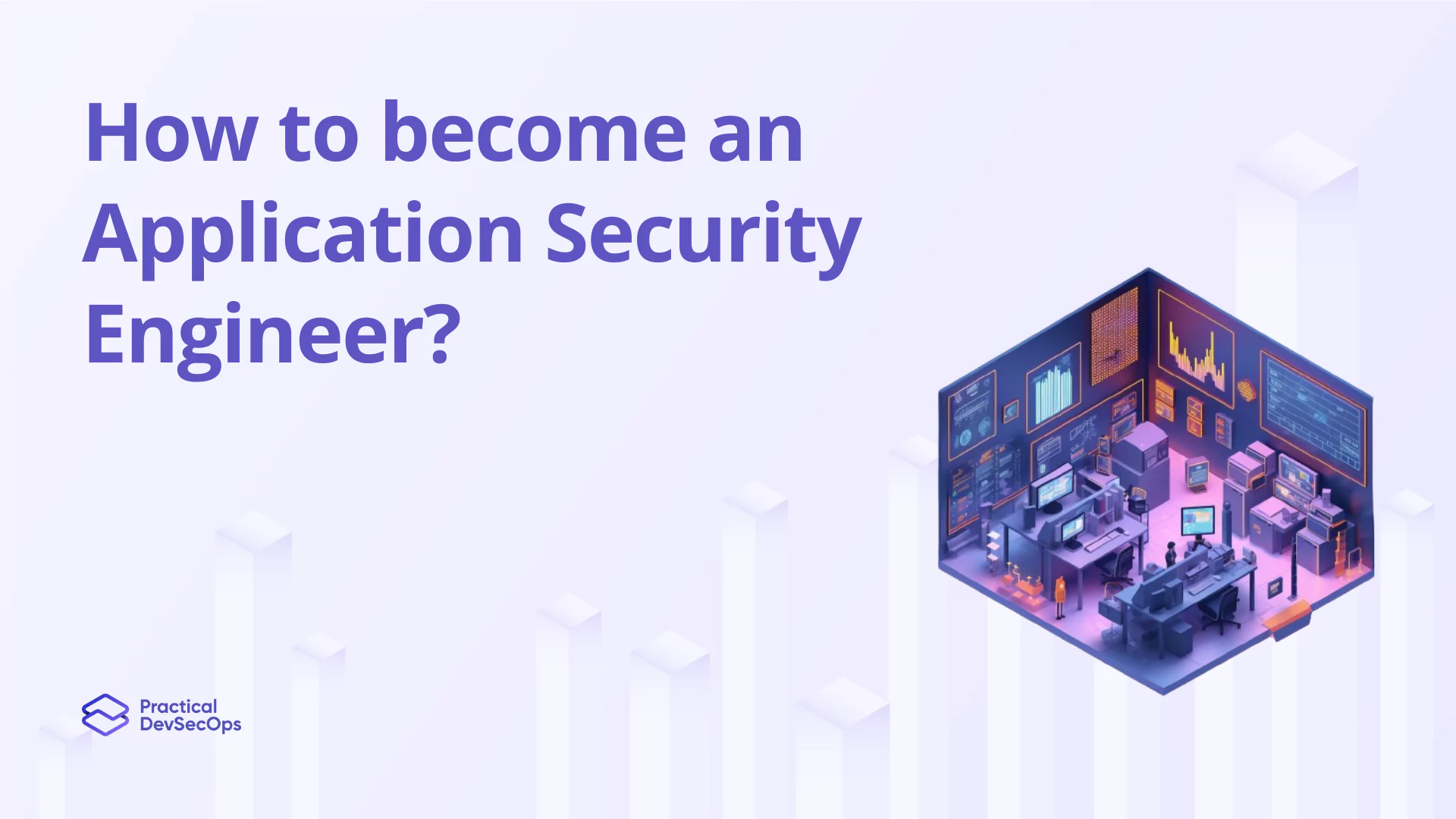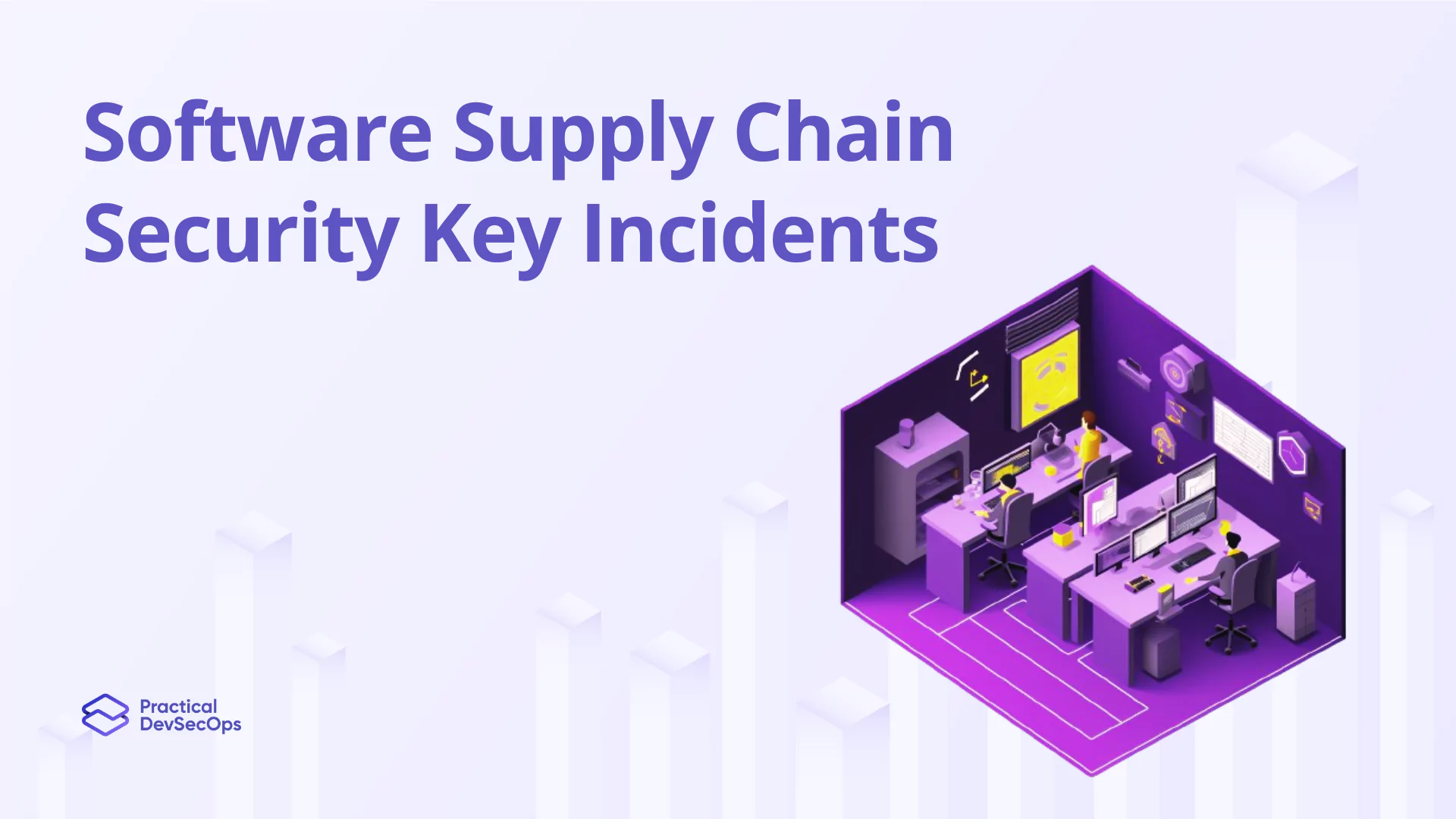Containerized applications have become increasingly popular due to their scalability, agility, and cost savings. As a result, more and more organizations are turning to Kubernetes to manage their containerized applications. With Kubernetes, organizations can easily deploy, manage, and scale their applications securely and cost-effectively. However, with the increased popularity of Kubernetes also comes an increase in security risks. Kubernetes networks are particularly vulnerable to attack due to the complexity of the system and the vast number of attack vectors. This article will discuss some of the best practices for securing Kubernetes networks. We will look at some common security measures, such as network segmentation, authentication, and encryption, that can help protect your Kubernetes applications.
What is Kubernetes Network Security?
Kubernetes network security refers to the set of practices and mechanisms used to protect the networking components and communication within a Kubernetes cluster. As Kubernetes is a popular container orchestration platform, ensuring the security of its network is crucial to safeguard the applications and data running on the cluster.
Best Practices for Kubernetes Network Security
We’ll explore some of the best practices for Kubernetes network security to enhance the security of your containers and Kubernetes.
Network Segmentation
Network segmentation is a powerful method that can be used to create separate networks for different services and applications. This isolates the networks and reduces the risk of malicious actors accessing them. For example, you can create one network for your web applications and another for your databases.
To effectively segment your network, it is important to use secure network protocols and technologies, such as VLANs and firewalls. By using these technologies, you can further segment the network and restrict access to only authorized users.
Also Read, Pod Security Policies for Kubernetes
Authentication
Authentication is one of the most important security aspects for any network, including Kubernetes networks. Authentication ensures that only authorized users can access the applications and services running on the network.
Kubernetes provides several authentication options, including TLS certificates, OAuth tokens, and openID Connect. Evaluating and selecting the most secure authentication option for your organization is important. You should also implement multi-factor authentication (MFA) for additional security.
Encryption
Encryption is also an important security measure for Kubernetes networks. By using encryption, all communication between nodes on the network is secured and protected from unauthorized access.
Kubernetes provides several encryption options, such as TLS and IPSec. It is important to evaluate and select the most secure encryption option for your organization. Additionally, you should ensure that all nodes are running the latest version of encryption software to ensure the highest level of security.
Also Read, Automating Security in Kubernetes Pipelines
Securing Containers
Finally, securing the containers running on the Kubernetes network is also important. This is done by using container security tools, such as vulnerability scanners and image scanners. These tools can detect vulnerabilities and malicious code in the container images and containers, which can help secure your Kubernetes network.
Also Read, Kubernetes Security Best Practices in 2023
Also Read, Best Practices for Securing Containers
Conclusion
By following these best practices for Kubernetes network security, you can ensure that your applications and services are kept secure and protected from malicious attacks. Implementing the right security measures can help keep your Kubernetes applications safe and secure.
Also read, Top Courses in Kubernetes Security for 2023
Also Read, Why Train in Kubernetes Security in 2023?
How to Get Kubernetes Security Training?
You can get trained in Kubernetes security by enrolling in our Cloud-Native Security Expert (CCNSE) course, which provides hands-on training in important concepts such as:
Hacking Kubernetes Cluster, Kubernetes Authentication and Authorization, Kubernetes Admission Controllers, Kubernetes Data Security, Kubernetes Network Security, Defending Kubernetes Cluster
Course Highlights:
- 50 + guided exercises uniquely designed by industry experts
- 24/7 instructor support
- Browser-based labs for hands-on training
- Lifetime access to course manuals and videos
Download, Free E-books on Kubernetes Security
Also, Get to Know about Best Kubernetes Books
Also Read, 25+ Kubernetes Interview Questions






0 Comments